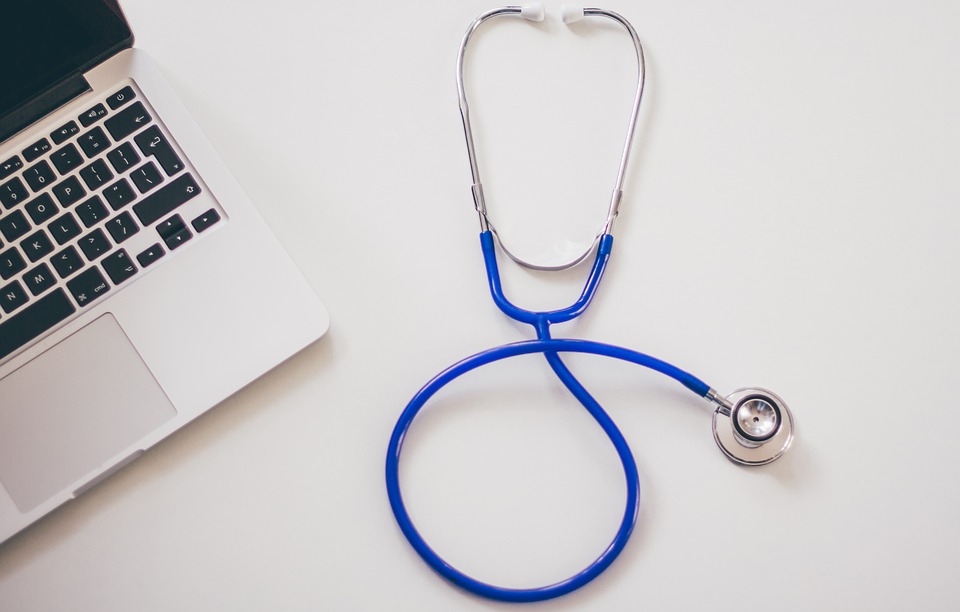When it comes to addiction nothing’s ever simple. But just how addictive is THC, and what about CBD? To understand how to use these cannabis compounds safely and effectively it’s worth asking a doctor…So that’s what we did…
Cannabis has been used by humans for thousands of years in medicine for its anxiolytic, hypnotic, analgesic, anticonvulsant, anti-emetic, anti-inflammatory, anti-spasmodic, and appetite stimulating effects. The two most common & studied cannabinoids in the cannabis plant are THC & CBD.
Tetrahydrocannabinol (THC) is a psychotropic cannabinoid and the principal psychoactive constituent of the cannabis plant which when it binds to the CB1 receptor.
Cannabidiol (CBD) has no psychoactive effects & makes up 40% of the extract from the cannabis plant. CBD inhibits the breakdown of anandamide, the “bliss” hormone, and also blocks the vanilloid receptor which transmits pain from the source (tissue injury, nerve injury, muscle injury) to the brain. CBD works in many other ways, all which will be discussed.
Both THC and CBD have been proposed to help control pain, anxiety, depression, sleep, autoimmune diseases, and malignancies. So…. which should one choose – THC or CBD?
Question: I am confused with the terminology. What is the difference between cannabis, THC, and CBD?
Answer: Cannabis is a plant. It is composed of, phytocannabinoids – tetrahydrocannabinol (THC), cannabidiol (CBD), cannabinol (CBN), cannabichromere (CBC), terpenoids, flavonoids, among other things.
Question: What happens inside me after I take CBD and what after taking CBD?
Answer: CBD does not bind to the CB1 receptor. It works primarily by desensitizing the TRPV1 (vanilloid) receptor. TRV1 causes the body to feel heat and pain after inflammation or tissue injury. When CBD binds to the TRPV1 receptor, the CBD shuts down the ability to TRPV1 to transmit to the brain, the heat & pain felt after injury and inflammation. CBD inhibits the cellular uptake & breakdown of anandamide. The result is an increase in anandamide, i.e. increased “bliss.” Unlike CBD, THC binds to the CB1 receptor. When THC stimulates the CB1 receptor in the nucleus accumbens releasing dopamine you get “high”. CBD does not bind to the CB1 receptor therefore you cannot get “high” from CBD.
Question: How does CBD differ from THC in how it works in the body?
Answer: There are two main cannabinoid (CB) receptors, CB1, which is primarily located in the central nervous system and CB2 receptors, which are mostly found in the periphery which includes cells with immune function, in the gastrointestinal tract, and in small amounts in the central nervous system. THC binds to the CB1 receptor and from there exerts its sedative and analgesic effects. CBD does bind to the CB1 receptors.
This is the critical difference between CBD and THC, because it is through the actions of the CB1 receptor that the person gets “high”.
In contrast to THC, CBD does not lower heart rate and blood pressure in the normal adult.
However, if the person is stressed, resulting in an elevated blood pressure and heart rate, then the CBD will lower the blood pressure and heart rate – but only back to the normal healthy level and not below that.
Question: After the THC or CBD is ingested, where is it stored, and how does the body get rid of it?
Answer: Both THC and CBD, are lipophilic, which means they accumulate in adipose tissues. It is for this reason, that when a urine toxicology screen is performed, the THC can be detected for up to a week or more, depending on if the person is a sporadic or chronic user. CBD is not examined on a drug screen because CBD has no psychoactive effects and is not considered a drug of abuse.
Both THC and CBD are metabolized in the liver, predominately by the CYP enzymes CYP3A4 and CYP2C19. Any adverse effects reported have only been due to drug-drug interactions between the type of cannabis ingested & the patient’s existing medications. No death from overdose has ever been reported in either THC or CBD.
Question: The cannabis plant produces both THC & CBD. Can one “turn into the other” when a person digests it?
Answer: When CBD is given orally, there is an insignificant amount that is converted in the stomach to THC in the stomach due to the gastric acid. However, the amount is miniscule. It produces no effects whatsoever in the body and it cannot be detected on drug tests.
As per your request, we are moving the weekly In-house doctor session from Thursday at 1 pm EST, to Thursday at 3 pm EST (That’s UK’s 20:00, NYC’s 15:00 and LA’s 12:00)
If you want to read more from Dr Zachar, check out: ‘Ask A Doctor – Benefits of CBD‘
[maxbutton id=”10″] [Image credit: Pixabay]